
Fritz Busch – II- Mozart: Serenade « Haffner » K250 Sinfonie-Orchester Winterthur, Peter Rybar, Violine

Fritz Busch – Das Sinfonie-Orchester Winterthur Peter Rybar, Violine
Enr/Rec: Winterthur Stadthaus Konzertsaal September 1949
Source 33t Brüder-Busch Gesellschaft e.V. (BBG) F 667 293
Peter Rybar connaissait les frères Busch depuis les années trente, et Fritz Busch avait souvent dirigé l’orchestre de Winterthur dont Rybar était le Konzertmeister depuis 1938 (et le premier violon du Quatuor de Winterthur), l’orchestre ayant alors et jusqu’en 1950, pour chef Hermann Scherchen. Notons que Rybar a longtemps été, en alternance avec Michel Schwalbé, Konzertmeister de l’Orchestre du Festival de Lucerne. On connaît ses enregistrements avec Clara Haskil (Brahms Quintette Op.34, Mozart Sonate K.454 et Busoni Sonate n°2 Op.36a). Un autre partenariat régulier était avec Edwin Fischer et le couronnement en a probablement été le concert Beethoven donné au Septembre Musical de Montreux 1951 avec les Concertos n°3 et 4 ainsi que le Triple Concerto, les solistes étant Fischer, Rybar et le violoncelliste Antonio Tusa (remplaçant Enrico Mainardi, malade), qui sera suivi en mai 1952 d’une tournée d’une dizaine de concerts (toujours avec Antonio Tusa) en Allemagne, en Italie et en Suisse avec au programme les 5 Concertos pour piano et le Triple Concerto de Beethoven.
Ayant appris fin août 1949 que Fritz Busch se trouvait en Suisse, à Zürich, pour quelques semaines, Rybar se hâta de lui proposer de faire des enregistrements avec lui à Winterthur pour la firme Concert Hall. Cette situation se reproduira un an plus tard à Vienne avec Marcel Prawy pour une série d’enregistrements (Beethoven Symphonies n°3 et 8, Haydn Symphonie n°101) décidés là aussi à la dernière minute. A Winterthur, Busch enregistra la Sérénade « Haffner » pour laquelle Peter Rybar était le violon solo, la Cinquième Symphonie de Schubert D.485, et deux œuvres de Mendelssohn, l’Ouverture » Die Schöne Melusin » Op.32 et le Scherzo de l’Octuor Op.20. Ces enregistrements ont été réalisées à la Stadthaus de Winterthur, dans la Konzertsaal (1200 places), renommée pour son acoustique. Ils permettent de documenter la relation entre ces deux grands musiciens au sujet de laquelle les biographes sont peu diserts.
Comme le mentionne Peter Rybar dans une interview filmée en 1993, les captations étaient réalisées par mouvements entiers et sans montage. Dans l’édition d’origine, et aussi sur le premier microsillon édité par la BBG, les Andante I (2ème Mouvement) et II (6ème Mouvement) ont été permutés, mais Peter Rybar a confirmé qu’il s’agissait seulement d’un problème de mise en disque pour éviter de couper le 4ème mouvement, et que l’ordre des mouvements devait être rétabli.
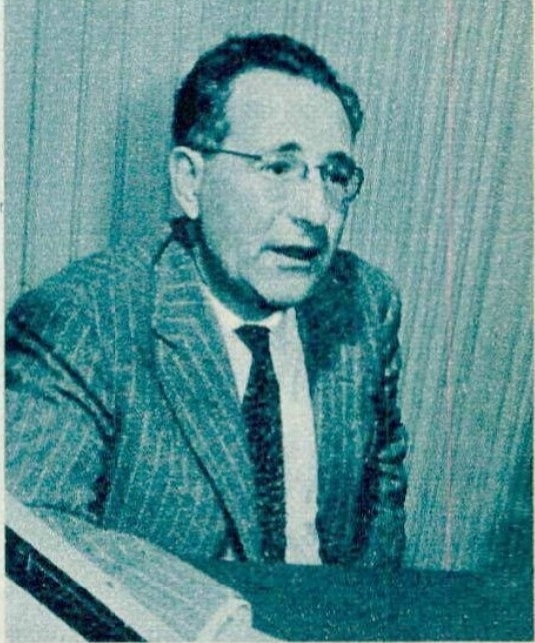
Peter Rybar
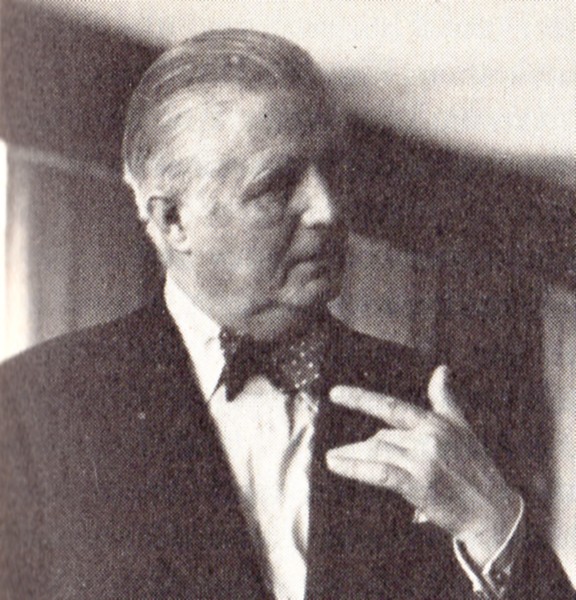
Fritz Busch

Winterthur Stadthaus
Peter Rybar met the Busch brothers in the 30’s and Fritz Busch often conducted the Winterthur Orchestra of which Rybar was the Konzertmeister since 1938 (and also the first violin of the Winterthur Quartet), the orchestra having then and up to 1950, Hermann Scherchen as music director. It is worth mentioning that Rybar was also, alternating with Michel Schwalbé, Konzertmeister of the Luzerner Festspielorchester. We know of his recordings with Clara Haskil (Brahms Quintet Op.34, Mozart Sonata K.454 and Busoni Sonata n°2 Op.36a). Another regular partnership was with Edwin Fischer, the high point of which being the Beethoven concert at the ‘Septembre Musical de Montreux 1951‘ with Concertos n°3 and 4 as well as the Triple Concerto, the soloists being Fischer, Rybar and cellist Antonio Tusa (remplacing the ailing Enrico Mainardi), followed in May 1952 by a tour (also with Antonio Tusa) of about ten concerts in Germany, in Italy and in Switzerland with Beethoven’s 5 Piano Concertos and his Triple Concerto.
Having learned toward the end of August 1949 that Fritz Busch was in Switzerland, in Zürich, for a few weeks, Rybar lost no time and proposed him to make recordings with him in Winterthur for the firm Concert Hall. This situation happened again one year later in Vienna with Marcel Prawy for a series of recordings (Beethoven Symphonies n°3 et 8, Haydn Symphony n°101), also a last minute decision. In Winterthur, Busch recorded the « Haffner » Serenade for which Peter Rybar played solo violin, Schubert’s Fifth Symphony D.485, and two works by Mendelssohn, the Overture » Die Schöne Melusin » Op.32 and the Scherzo from Octet Op.20. These recordings were made at the Winterthur Stadthaus, in the Konzertsaal (seating 1200), known for its acoustics. They allow to document the relationship between these two great musicians about which the biographers say much too little.
As Peter Rybar points out in a 1993 filmed interview, the takes were comprised of complete movements with no edit. On the original LP, and also on the first LP issued by the BBG, Andante I (2 nd Movement) and II (6th Movement) were permuted, but Peter Rybar confirmed that it was only for the purpose of avoiding on the LP a cut in the middle of the 4th Movement, and that the original order had to be restored.
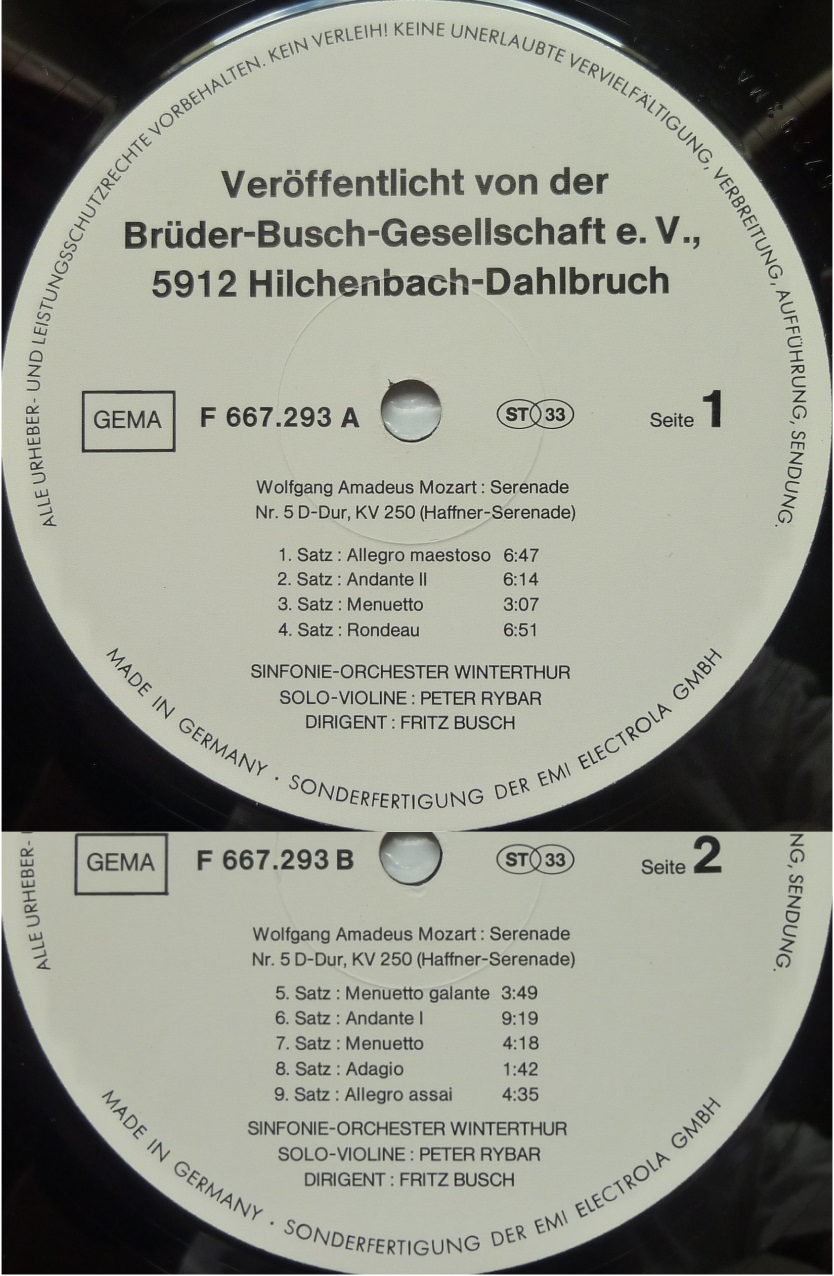
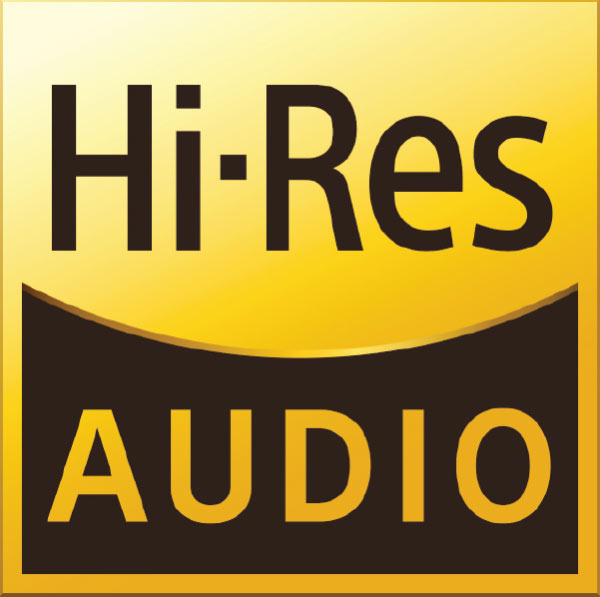
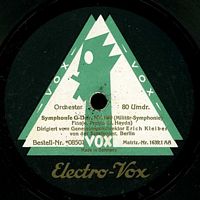
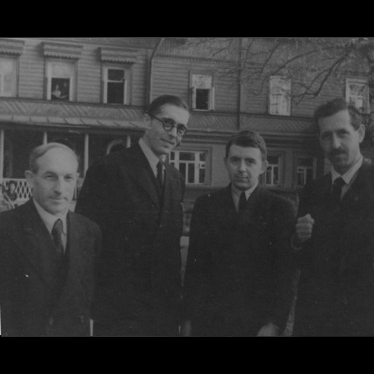
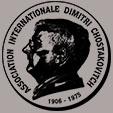
5 réponses sur « Fritz Busch – II- Mozart: Serenade « Haffner » K250 Sinfonie-Orchester Winterthur, Peter Rybar, Violine »
HD/Hi-Res (24 bits/88 KHz):
https://e.pcloud.link/publink/show?code=kZ2xDRZdEyKfkx0gQ50iH7H7MOYpkF7U1D7
Format CD (16 bits/44 KHz):
https://e.pcloud.link/publink/show?code=kZQxDRZL8yALgpUhBul0elyhldCsuLYvGI7
Peter Rybar Interview filmée / Filmed Interview (1993) en Français/in French:
https://www.plansfixes.ch/films/peter-rybar/
Thank You.
Thanks a lot!
Fritz Busch is a great conductor in the music of Mozart and his performances of Mozart’s operas are justly acclaimed, though here in the Haffner Serenade I sometimes find his tempo too fast, for example the sixth movement – Andante works better with a slower, more leisurely tempo than what he adopts in this recording. Nevertheless, many thanks for sharing the recording.
I agree with you for the sixth movement (Andante II), which is not convincing at all. However, with firms like Concert Hall, rehearsal and recording time were reduced to a minimum, so that, for this recording that was decided at the last minute, Fritz Busch was most probably not able to polish his performance. The following year in Vienna, with producer Marcel Prawy, the conditions were much better.